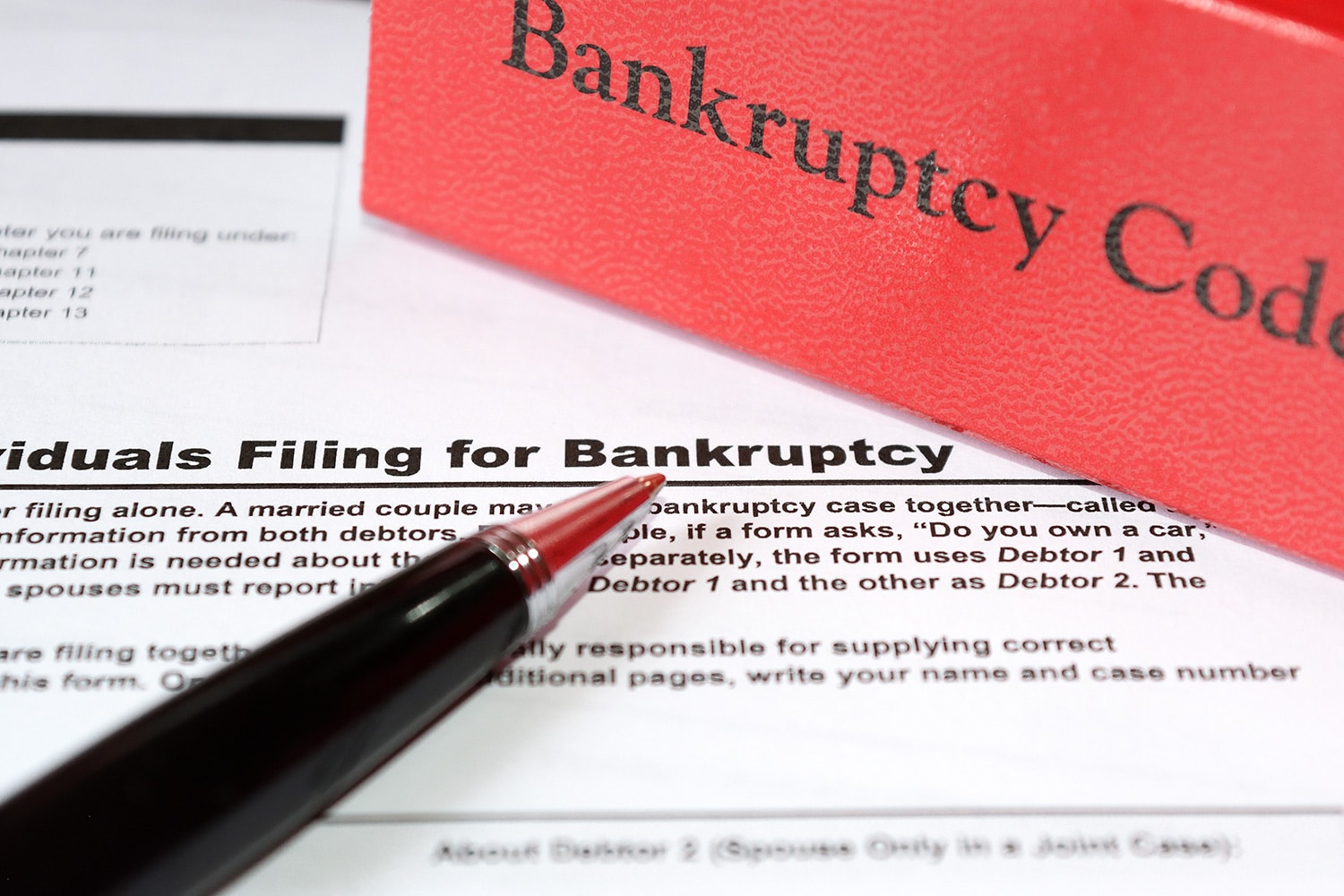
Workers’ compensation claims can sometimes be a confusing process that leaves many asking what to do once it is all over. Typically, these claims resolve after the injured worker has finished medical care and is released back to work. Once this occurs, the injured worker and their lawyer work toward settling the claim or trying the case in court. Either way, the work comp claim usually ends, but what does this mean? To understand what to do once a claim has been resolved, it is important to look at what it means for a claim to be over.
Resolution of a claim
An Alabama workers’ compensation claim is typically resolved either through a negotiated settlement or a trial. Once either of these situations is reached, your lawyer has completed their representation of you, but it does not necessarily mean your case is over. Several things go through the mind of the injured worker during this time of transition. Often medical care can still be ongoing. Hopefully, the injured worker has returned to employment in some capacity. Although the lawyer’s job has concluded, there are some things your lawyer should explain that will help you from that point forward. Here are a few things to keep in mind.
What happens after the settlement or court judgment?
After a court judgment or settlement occurs, it is important for the injured party to continue to monitor their medical symptoms, if any, and to receive the prescribed treatment. It is equally important to follow your doctor’s instructions such as taking certain medications and avoiding restricted activities. When the worker can return to work, depending on the workplace restrictions assigned by the work comp doctor, the employer will assess if they have an opening for the worker to return to the same employment. However, in some situations, the injured employee will have resigned or have been terminated from that employment. In Alabama, there is no guarantee to return to the same job. Alabama is an at-will employment state, so the worker has very little control over this situation. Your lawyer should be able to explain how the law works for your employment situation.
Constant and clear communication is key!
For an injured worker to have a smooth transition after the case is over, the keys for the injured worker are to keep a clear understanding of work restrictions assigned by the doctor and know the expectations of the employer. Constant and clear communication with both is so important. If you have questions about work restrictions or what is expected at work, you must talk with them! If you still cannot get those answers, contact your lawyer who should be able to get those answers.
If you are hurt on the job due to unsafe working conditions, seek legal counsel, as you may be entitled to workers’ compensation or other benefits. As we have since 1967, we will continue to protect the legal rights of our clients – those who are hurt on the job while working for Alabama employers.
Bernard D. Nomberg has been a lawyer for more than 25 years. Bernard has earned an AV rating from Martindale-Hubbell’s peer-review rating. In 2021, Bernard was named a Super Lawyer for the 9th year in a row.
If you have been injured on the job and want to learn your rights, please consider contacting the Nomberg Law Firm.
from The Nomberg Law Firm – Birmingham Workers' Compensation & Personal Injury Lawyers https://nomberglaw.com/blog/workers-compensation/workers-comp-claim-resolved/








 The answer is YES, but there are some key issues for you to consider before you file:
The answer is YES, but there are some key issues for you to consider before you file:





 [1]
[1] As anyone who has ever started their own business will attest, there is a huge financial risk involved. Typically, small business owners invest their own money, or they will seek a bank or SBA loan to provide start-up capital for the business. On the other side of the risk involved, are the substantial rewards that many entrepreneurs seek when starting a new business. They get to be in control of their work environment, set their own work/life balance and reap the financial rewards that often come from being able to manage their own company.
As anyone who has ever started their own business will attest, there is a huge financial risk involved. Typically, small business owners invest their own money, or they will seek a bank or SBA loan to provide start-up capital for the business. On the other side of the risk involved, are the substantial rewards that many entrepreneurs seek when starting a new business. They get to be in control of their work environment, set their own work/life balance and reap the financial rewards that often come from being able to manage their own company.